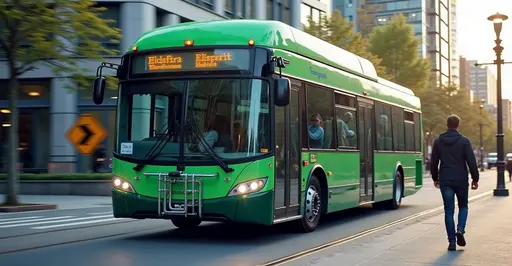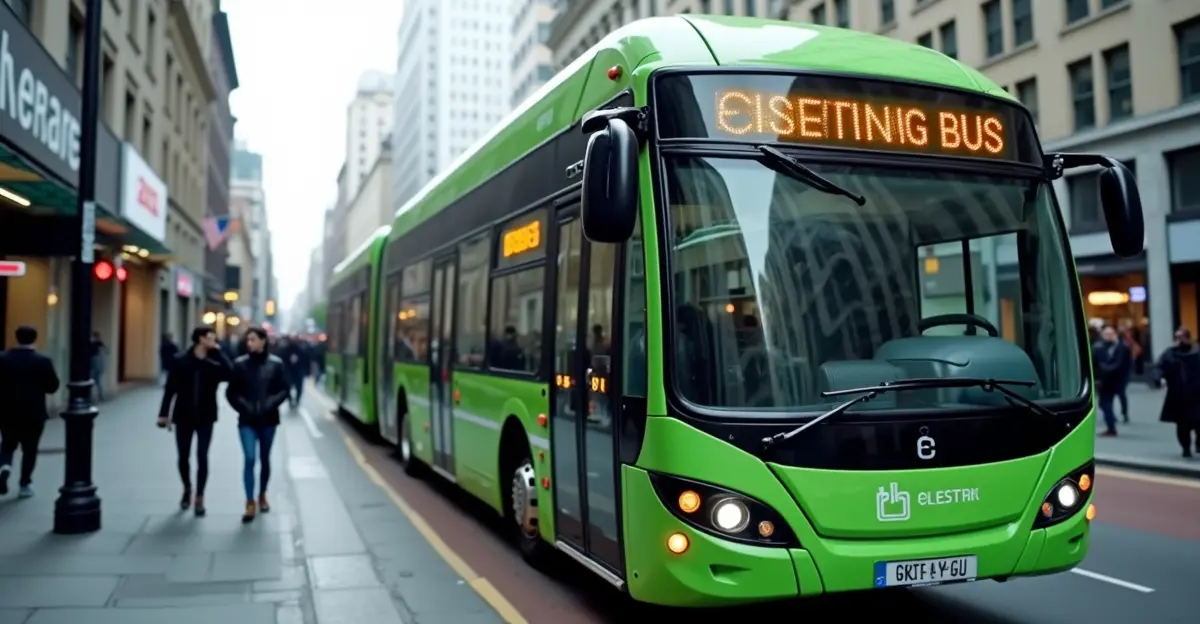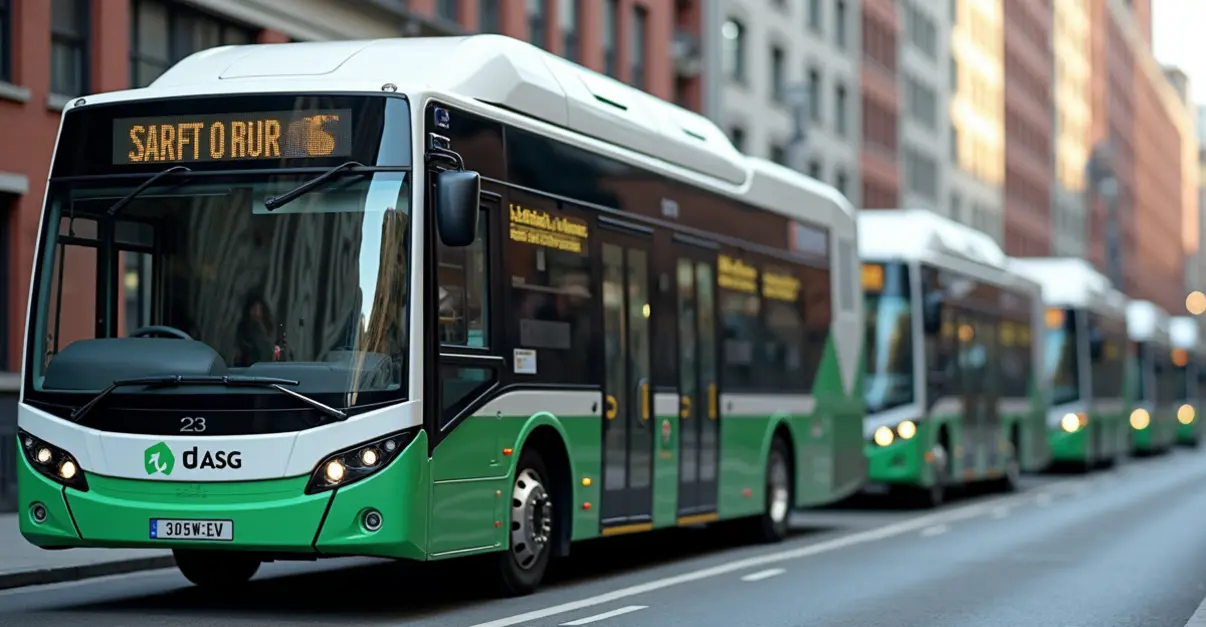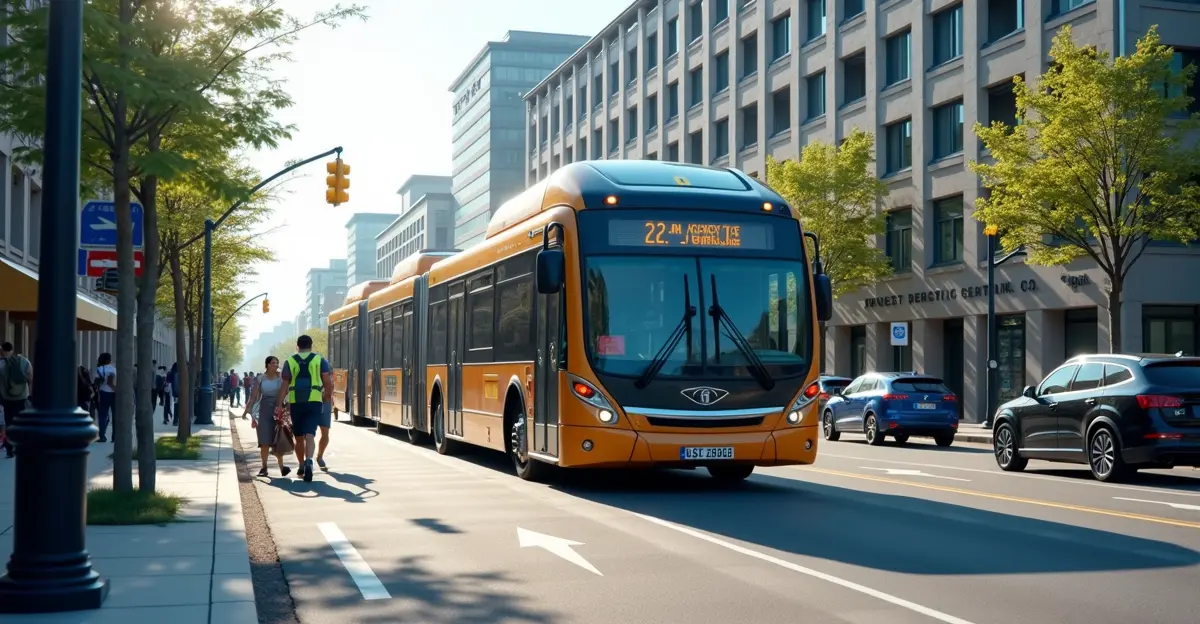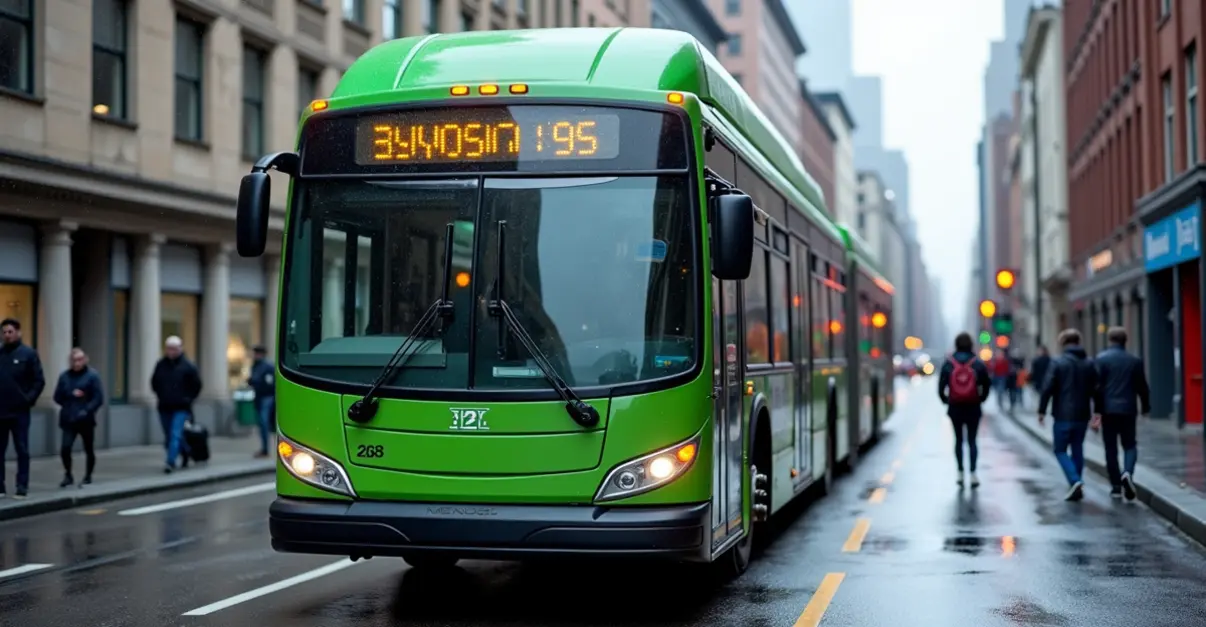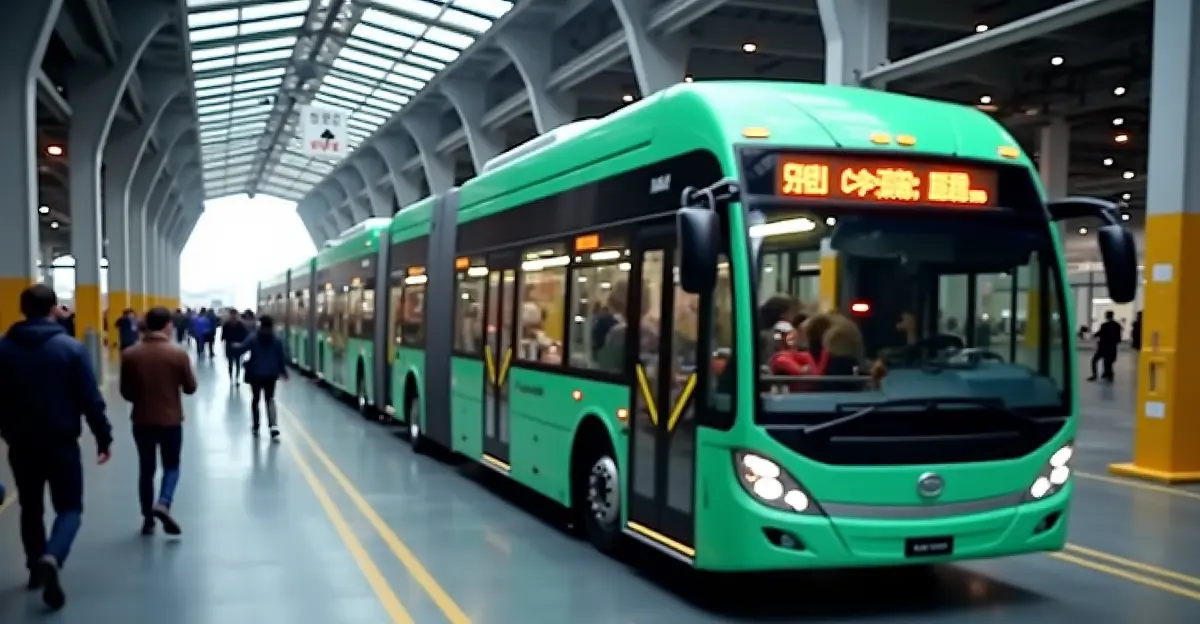Transit agencies are accelerating electric bus adoption with major 2025 procurements and depot upgrades. The MTA's 265-bus order and infrastructure investments highlight the transition to zero-emission fleets, bringing environmental justice benefits and requiring smart charging integration.
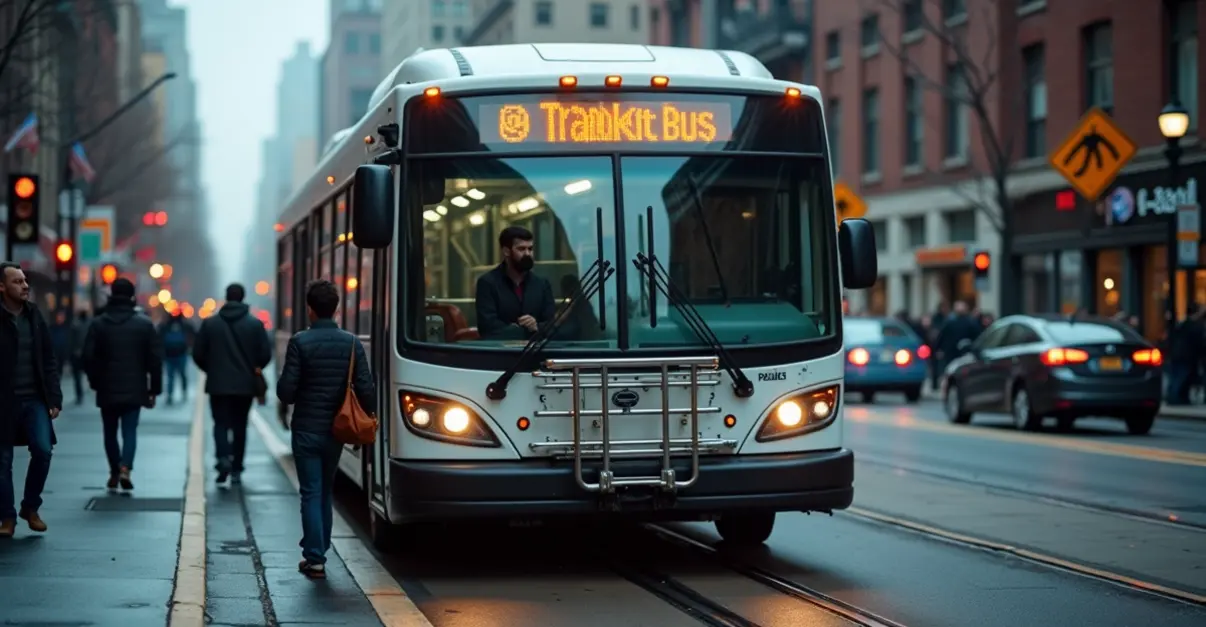
Transit Agencies Accelerate Zero-Emission Vehicle Adoption
Transit agencies across the United States are making significant strides in their transition to zero-emission fleets, with major procurement announcements and depot upgrades planned for 2025. The movement toward electric buses represents one of the most substantial transformations in public transportation infrastructure in decades.
New York's MTA Leads the Charge
The Metropolitan Transportation Authority (MTA) has announced the procurement of 265 additional battery-electric buses from New Flyer, building upon their existing commitment to transition their entire 5,800-bus fleet to zero-emission vehicles by 2040. This latest order includes 193 Xcelsior CHARGE NG™ 40-foot buses and 72 Xcelsior CHARGE NG™ 60-foot buses, representing a significant expansion of their electric fleet.
'This procurement represents our continued commitment to sustainable transportation and cleaner air for all New Yorkers,' said MTA spokesperson Sarah Johnson. 'We're not just buying buses - we're investing in the future of our city's transportation system.'
Depot Infrastructure Upgrades
The transition to electric buses requires substantial infrastructure investments beyond just vehicle procurement. The Jamaica Depot in Queens is undergoing a major modernization project estimated for completion in 2027, featuring new green energy roofs, sound-deadening barrier walls, and comprehensive electric charging stations. These upgrades are essential for supporting the growing electric fleet and ensuring operational reliability.
According to the Federal Transit Administration, successful electric bus implementation requires coordinated planning between vehicle procurement, charging infrastructure, and operational scheduling. The agency emphasizes that 'charging infrastructure must be treated as an integral part of the overall transit system, not as an afterthought.'
Environmental Justice Benefits
The transition to electric buses brings significant environmental justice benefits, particularly for communities historically impacted by transportation pollution. Queens, which has over 800,000 daily bus riders - more than any other borough - stands to benefit substantially from cleaner air quality.
'Communities like Jamaica have suffered from poor air quality and high asthma rates due to bus depots for decades,' noted environmental advocate Maria Rodriguez. 'This transition represents a long-overdue investment in the health of our neighborhoods.'
The MTA's initiative prioritizes environmental justice, with the goal of eliminating over 500,000 metric tons of greenhouse gas emissions annually when fully implemented. This aligns with broader state policies, including California's requirement for 100% of transit bus fleets to be zero-emission by 2040.
Smart Charging and Operational Integration
As highlighted in a recent Forbes analysis, successful electric bus operations require more than just hardware installation. Smart charging systems that coordinate with vehicle dispatching, scheduling, and electricity cost optimization are essential for operational efficiency.
The global electric bus market is projected to grow from $17 billion in 2024 to $37.5 billion by 2030, according to industry analysts. This growth reflects increasing recognition of the operational benefits beyond environmental considerations, including reduced maintenance costs and improved reliability.
Workforce Development and Training
The transition to electric buses also necessitates significant workforce development initiatives. Transit agencies are implementing comprehensive training programs to ensure maintenance staff can safely operate and maintain the new electric vehicles and charging infrastructure.
'Our workforce is embracing this transition with enthusiasm,' said maintenance supervisor David Chen. 'The training programs are comprehensive, and our technicians are excited to work with this new technology.'
The phased approach to fleet electrification allows agencies to build expertise gradually while maintaining service reliability. By 2029, all new bus orders for the MTA will be zero-emission, creating a steady transition path that minimizes operational disruptions.
As transit agencies continue their electric bus procurement and infrastructure upgrades throughout 2025, the foundation is being laid for a cleaner, more sustainable public transportation system that serves communities while reducing environmental impact.

 Nederlands
Nederlands
 English
English
 Deutsch
Deutsch
 Français
Français
 Español
Español
 Português
Português




